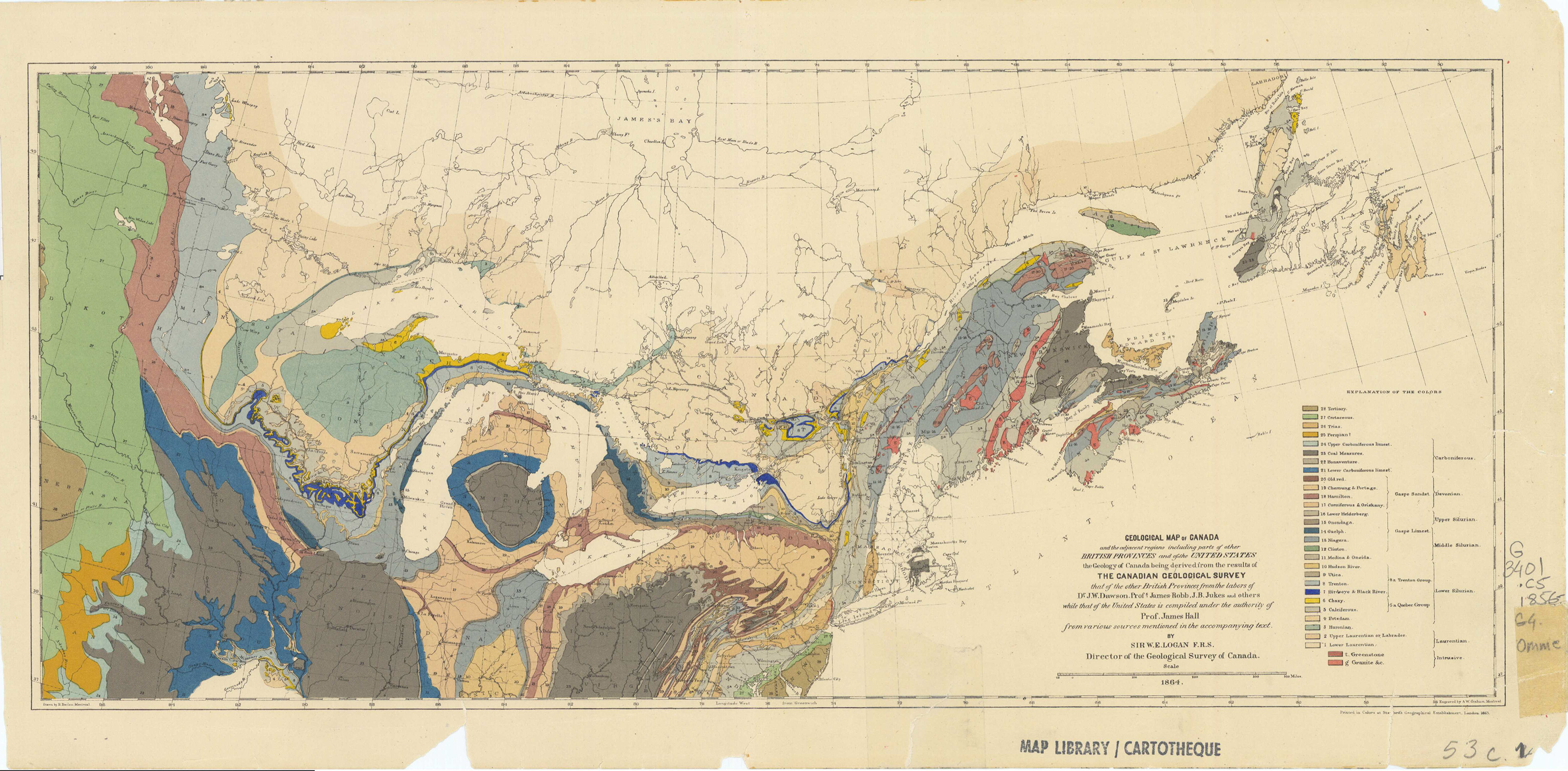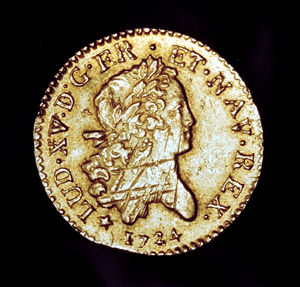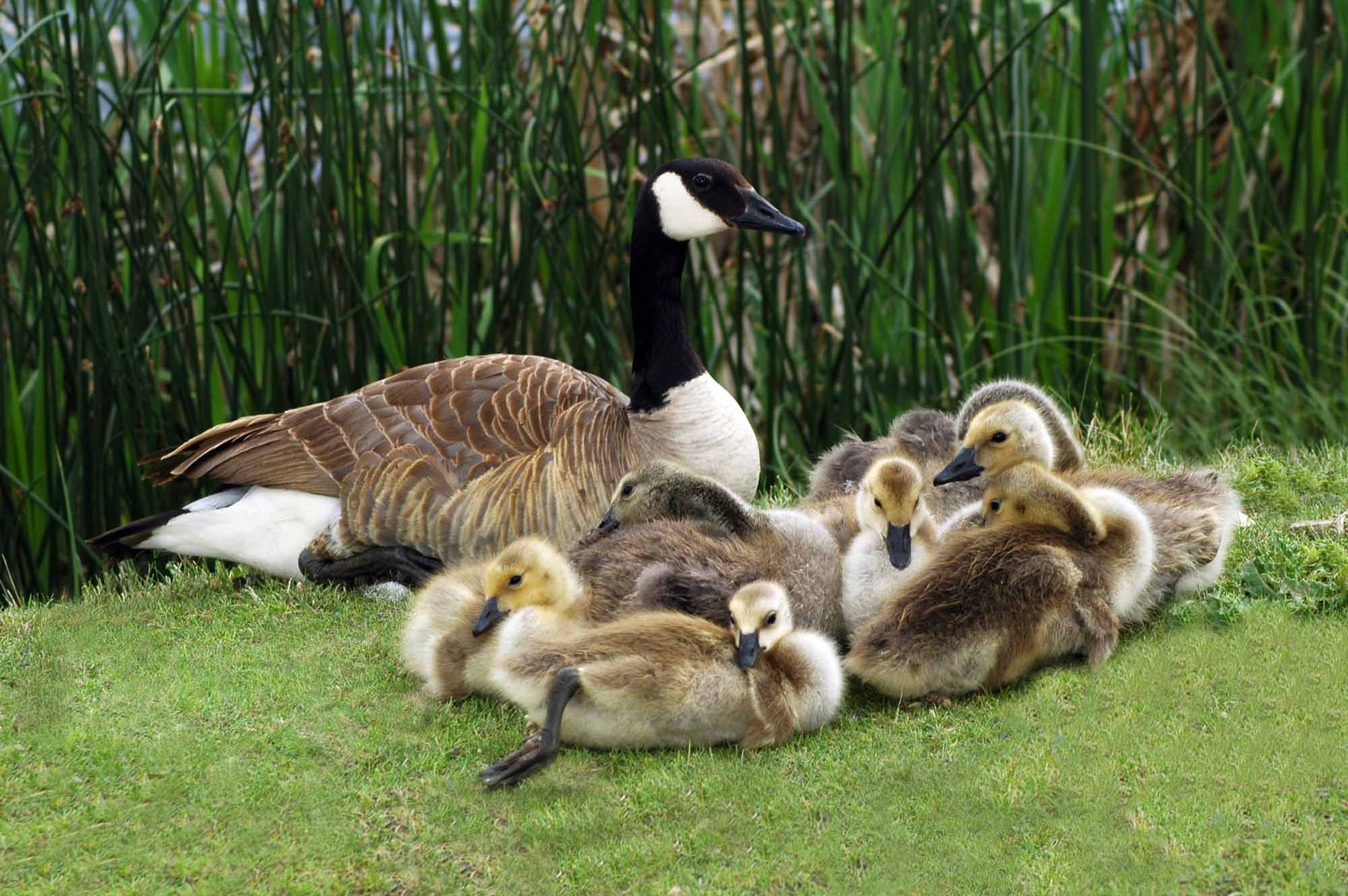Browse "Nature & Geography"
-
Article
Gentian
Several plants of family Gentianaceae, of the genus Gentiana, are commonly known as gentian.
"https://development.thecanadianencyclopedia.ca/images/tce_placeholder.jpg?v=e9dca980c9bdb3aa11e832e7ea94f5d9" // resources/views/front/categories/view.blade.php
https://development.thecanadianencyclopedia.ca/images/tce_placeholder.jpg?v=e9dca980c9bdb3aa11e832e7ea94f5d9
-
Article
Geological Dating
For centuries people have argued about the age of the Earth; only recently has it been possible to come close to achieving reliable estimates.
"https://development.thecanadianencyclopedia.ca/images/tce_placeholder.jpg?v=e9dca980c9bdb3aa11e832e7ea94f5d9" // resources/views/front/categories/view.blade.php
https://development.thecanadianencyclopedia.ca/images/tce_placeholder.jpg?v=e9dca980c9bdb3aa11e832e7ea94f5d9
-
Article
Geological History
Fundamental to all ordering of events of the Earth's history is the principle of the positional relationships of rock and mineral bodies. For example, in any stratified rock sequence, younger rocks overlie older ones.
"https://d2ttikhf7xbzbs.cloudfront.net/media/media/e8e23bed-66e7-4173-9e92-b61c0b06e940.jpg" // resources/views/front/categories/view.blade.php
https://d2ttikhf7xbzbs.cloudfront.net/media/media/e8e23bed-66e7-4173-9e92-b61c0b06e940.jpg
-
Article
Geological Regions
Based on geological history, Canada can be divided into six regions, each characterized by a distinctive landscape: the Canadian Shield, Interior Platform, Appalachian Orogen, Innuitian Orogen, Cordillera and Western Canada Sedimentary Basin, and the Eastern Continental Margin.
"https://d2ttikhf7xbzbs.cloudfront.net/media/media/f03fdcd7-e52f-4a0f-9a6f-0705a013f4cb.jpg" // resources/views/front/categories/view.blade.php
https://d2ttikhf7xbzbs.cloudfront.net/media/media/f03fdcd7-e52f-4a0f-9a6f-0705a013f4cb.jpg
-
Article
Geological Survey of Canada
The Geological Survey of Canada (GSC) is Canada's national agency for geoscientific information and research. It studies and reports on Canada’s geology, natural geological hazards, and the development of natural resources. Established in 1842 primarily to promote the mining industry, it is one of the country’s oldest scientific organizations. Throughout its history, the Survey has produced some of the most comprehensive and detailed maps of the Canadian landscape, and published several important reports on its ecology and natural history.
"https://d2ttikhf7xbzbs.cloudfront.net/media/media/2bebe9b8-7dbd-4569-9cc1-fb24d96fa6de.jpg" // resources/views/front/categories/view.blade.php
https://d2ttikhf7xbzbs.cloudfront.net/media/media/2bebe9b8-7dbd-4569-9cc1-fb24d96fa6de.jpg
-
Article
Geology
Earth is 70.8% covered by water, but only with the development of sonar techniques has it become possible to describe the solid earth below the oceans. With increasingly sophisticated satellite observations, relatively fine structural details (eg, areas of volcanic activity) can be seen.
"https://development.thecanadianencyclopedia.ca/images/tce_placeholder.jpg?v=e9dca980c9bdb3aa11e832e7ea94f5d9" // resources/views/front/categories/view.blade.php
https://development.thecanadianencyclopedia.ca/images/tce_placeholder.jpg?v=e9dca980c9bdb3aa11e832e7ea94f5d9
-
Article
Geomorphology
Geomorphology is related to GEOLOGY because of the importance of long timescales, tectonic deformation of Earth's crust (seePLATE TECTONICS), and rock and sediment properties; and to physical geography through its association with CLIMATE, BIOGEOGRAPHY, SOIL SCIENCE, and HYDROLOGY.
"https://d2ttikhf7xbzbs.cloudfront.net/media/media/c495f574-0f22-4771-8a0e-1775d86b2843.jpg" // resources/views/front/categories/view.blade.php
https://d2ttikhf7xbzbs.cloudfront.net/media/media/c495f574-0f22-4771-8a0e-1775d86b2843.jpg
-
Article
Geranium
Geranium, annual, biennial or perennial plant of genus Geranium, family Geraniaceae, with opposite, palmate and often divided leaves.
"https://development.thecanadianencyclopedia.ca/images/tce_placeholder.jpg?v=e9dca980c9bdb3aa11e832e7ea94f5d9" // resources/views/front/categories/view.blade.php
https://development.thecanadianencyclopedia.ca/images/tce_placeholder.jpg?v=e9dca980c9bdb3aa11e832e7ea94f5d9
-
Article
Ginseng
Ginseng is a herbaceous perennial plant of genus Panax, ginseng family (Araliaceae), discovered in North America by Joseph-François Lafitau.
"https://development.thecanadianencyclopedia.ca/images/tce_placeholder.jpg?v=e9dca980c9bdb3aa11e832e7ea94f5d9" // resources/views/front/categories/view.blade.php
https://development.thecanadianencyclopedia.ca/images/tce_placeholder.jpg?v=e9dca980c9bdb3aa11e832e7ea94f5d9
-
Article
Glaciers in Canada
A glacier is a large mass of ice, formed at least in part on land, that shows evidence of present or past movement. It is formed by the compaction and recrystallization of snow into ice crystals and commonly also contains air, water and rock debris. With approximately 200,000 km2 of glacier coverage in the Arctic and the West, Canada is home to a significant percentage of the world’s glaciers. By 2100, however, scientists predict that those in Alberta and British Columbia will have lost 70 per cent of their 2005 volume due to climate change.
"https://d2ttikhf7xbzbs.cloudfront.net/media/media/ee830daf-7830-4a20-89bf-0871e3839089.jpg" // resources/views/front/categories/view.blade.php
https://d2ttikhf7xbzbs.cloudfront.net/media/media/ee830daf-7830-4a20-89bf-0871e3839089.jpg
-
Article
Gold
Gold (Au) is a bright, shiny, yellow metal, notable for its high density (19.3 times the weight of an equal volume of water) and valued for its extreme ductility, strong resistance to corrosion, lustrous beauty and scarcity.
"https://d2ttikhf7xbzbs.cloudfront.net/media/media/3c415394-d1cf-4ac7-88df-cc405447770a.jpg" // resources/views/front/categories/view.blade.php
https://d2ttikhf7xbzbs.cloudfront.net/media/media/3c415394-d1cf-4ac7-88df-cc405447770a.jpg
-
Article
Goldenrod
Goldenrod, genus Solidago, showy, perennial, herbaceous plant of the Compositae or Asteraceae family.
"https://development.thecanadianencyclopedia.ca/images/tce_placeholder.jpg?v=e9dca980c9bdb3aa11e832e7ea94f5d9" // resources/views/front/categories/view.blade.php
https://development.thecanadianencyclopedia.ca/images/tce_placeholder.jpg?v=e9dca980c9bdb3aa11e832e7ea94f5d9
-
Article
Goldeye
The goldeye (Hiodon alosoides) [Lat alosoides, "shadlike"] is a relatively small, opportunistic foraging freshwater fish of the family Hiodontidae (order Osteoglossiformes).
"https://d2ttikhf7xbzbs.cloudfront.net/media/media/1f30454a-69e7-4977-b067-8b98b22b696d.jpg" // resources/views/front/categories/view.blade.php
https://d2ttikhf7xbzbs.cloudfront.net/media/media/1f30454a-69e7-4977-b067-8b98b22b696d.jpg
-
Article
Goose
The goose is a member of a widespread group of waterfowl ranging in size from the giant Canada goose to the diminutive cackling goose.
"https://d2ttikhf7xbzbs.cloudfront.net/media/media/5e311859-b5d7-46ef-befe-32aa173736d6.jpg" // resources/views/front/categories/view.blade.php
https://d2ttikhf7xbzbs.cloudfront.net/media/media/5e311859-b5d7-46ef-befe-32aa173736d6.jpg
-
"https://development.thecanadianencyclopedia.ca/images/tce_placeholder.jpg?v=e9dca980c9bdb3aa11e832e7ea94f5d9" // resources/views/front/categories/view.blade.php
https://development.thecanadianencyclopedia.ca/images/tce_placeholder.jpg?v=e9dca980c9bdb3aa11e832e7ea94f5d9
